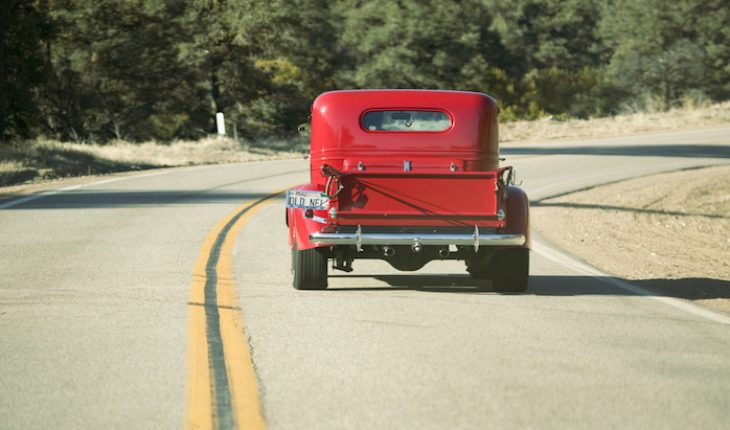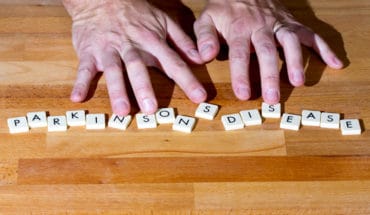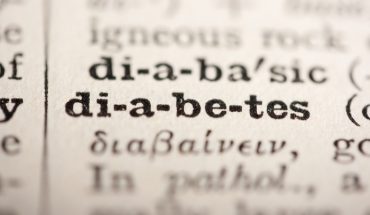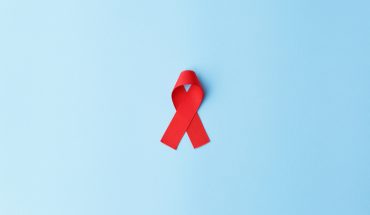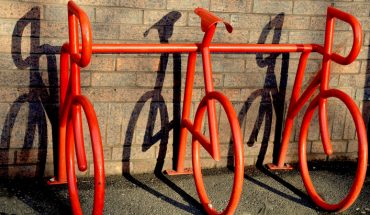Adrift and deserted, the disappearance of the crew from the Mary Celeste remains a mystery. Walking onto a hospital ward today, you might also notice a distinct lack of trained staff, especially nurses. Buzzers unanswered, monitors beeping, patients calling out in pain; I have observed doctors being asked for blankets and bedpans. The Institute for Employment Studies reports that 93% of 137 NHS Trusts surveyed do not have enough nurses. Why the shortage?
Too posh to wash
In many cases, the nurses are there but you can’t see them. Call me naïve, but when I entered nursing I imagined a career at the patient’s bedside, climbing the career ladder by learning ever more complex clinical skills. I was wrong. Some nurses seem eager to escape from the bedside at the earliest opportunity: ‘senior’ nurses outnumber the juniors and are to be found in offices and meetings completing paperwork. Too many chiefs, not enough Indians.
As they vanish from the ward setting, their compassion sometimes seems to follow suit. On one shift I was faced with 8 acutely ill patients: as one fell, one vomited and one bled, I called to my senior. Her response? “I’m doing my admin”.
Barren after Brexit?
The number of nurses from the EU doubled from 10,244 in 2010 to 20,914 in 2014: EU staff comprise 4.5% of the UK nursing workforce according to the Institute for Employment Studies. Current uncertainty over the status of EU workers may cause many to return home and allow fewer to work in the UK.
Loss by degrees
I chose to study for the nursing diploma rather than the degree. For many, the diploma offered a less academic route into nursing and produced some excellent nurses. The University at which I studied no longer offers the nursing diploma: only the degree is esteemed. This decision has barred the way to nursing for many hopefuls who have the compassion, skill and character to make real bedside nurses.
Short-changed
As a profession nursing is relatively poorly paid (I’m paid £15 per hour), and the loss of the nursing diploma removed the valuable student bursary. Nursing is way down the list of incomes (ranked 168th, according to the Office of National Statistics). Money can’t buy happiness but it helps.
Rarity of role models
Florence Nightingale, Mary Seacole and Edith Cavell are among the 10 most famous nurses in history in an online poll. All 10 were born in the 19th century. Where are our modern nursing heroes? I once met Professor Sir George Castledine, knighted for his services to healthcare, and was inspired. He has since been struck off the nursing register and his knighthood annulled for misconduct.
Recently nurses have made the headlines for all the wrong reasons: nurses falsifying discharge times, causing the death of a diabetic patient and abusing a dementia patient were revealed in the Stafford Hospital Scandal.
Scarred and scared
Such scandalous headlines have scarred us as a profession. Whilst important to report, these stories do affect morale, even deterring students from applying to the profession. We nurses feel that we are seen as would-be abusers, and have to work extra hard to prove our good intentions. The attack is from within as well as from the media: a recent article in the Nursing Times called for the installation of cameras in nursing home bedrooms to spot abuse. I work very hard to provide elderly care. And the reward? To be treated as a potential abuser?
Abuse in care homes needs to be stopped but cameras are not the answer. Why not visit your loved one, befriend the staff and communicate with them to ensure your loved one is being well treated? We all want to ensure our elderly relatives receive dignified care, but surely filming them being washed, catheterised or hoisted strips them of just that.
As nurses, we also receive abuse from patients and relatives. This can be frightening. Scarred and scared: recruitment and retention of nurses is proving difficult.
Hard work
Nursing is physically hard (hoisting, washing, endless drug rounds), mentally demanding (juggling the incessant demands and reacting to ever-changing situations) and emotionally draining (compassion fatigue is very real). It takes a special person to carry on nursing in these challenging times.
The nursing shortage is serious and likely to get worse. Around 45% of the nursing workforce is over the age of 45: one in three nurses is due to retire in the next ten years. The Francis Report meanwhile, emphasises the need for safe staffing levels. Where are they going to come from?
- Care Home Nursing: The World’s Largest Relay Race? - 13th August 2019
- Mouth Care Matters in Older People - 25th June 2019
- Dealing with illness in dreadful hot weather - 26th July 2018
